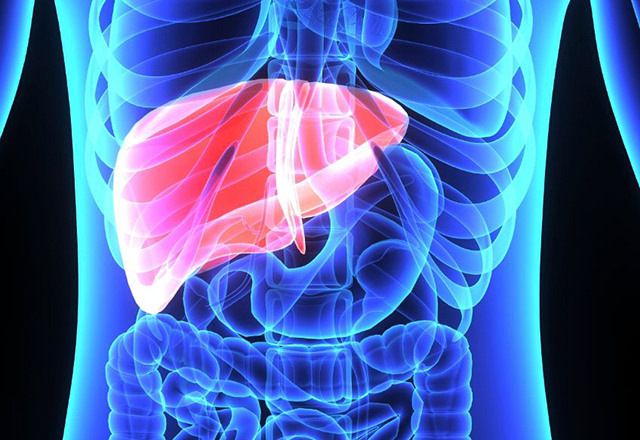Good news story: Two organ transplant patients reveal how others stepped up for them
By Amy McGorry
As many as nine in 10 adults with chronic kidney disease do not know they have it, according to the Centers for Disease Control and Prevention (CDC). That’s an important fact to know during March — National Kidney Month — and all throughout the year.
By the time kidney disease is detected, it is usually in the advanced stages — which means a patient may need dialysis several times a week. Read and watch the story on Fox News.









